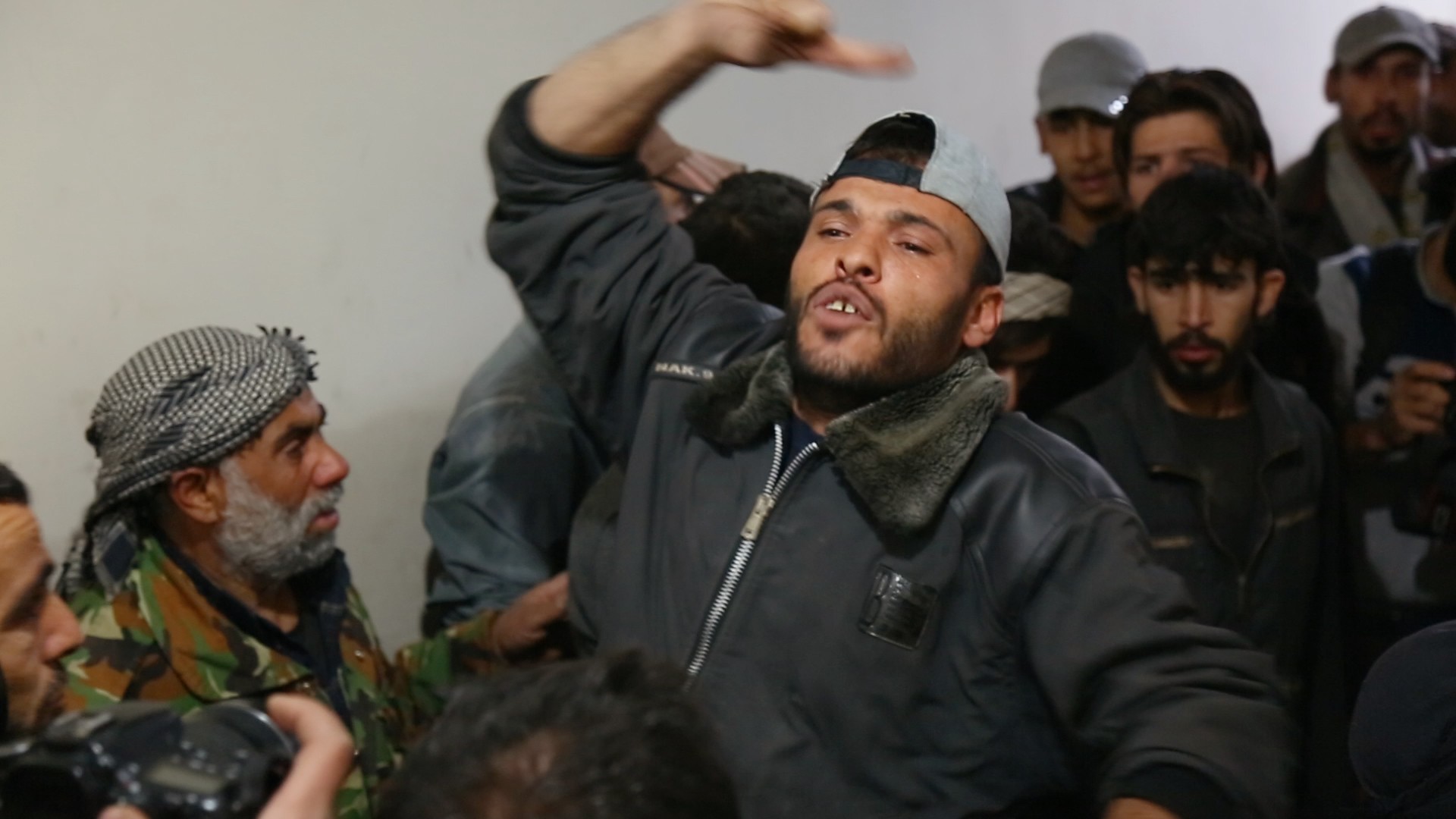Russia was supposed to bring a five-hour “humanitarian pause” in the assault on the devastated Syrian rebel enclave of Eastern Ghouta on Tuesday, but the United Nations reporting that fighting raged on, preventing anyone from leaving.“We have reports this morning there is continuous fighting in eastern Ghouta,” the U.N.’s humanitarian spokesman Jens Laerke told reporters in Geneva. “Clearly the situation on the ground is not such that convoys can go in or medical evacuations can go out.”Tuesday was supposed to have been the first day of a Russia-imposed daily pause in the fighting, from 9 a.m. to 2 p.m. local time (2 a.m to 7 a.m. ET), to allow a safe corridor for the wounded to be evacuated and civilians to escape. About 400,000 people are believed to be trapped in besieged rebel-held pocket near the Syrian capital Damascus, weathering a brutal offensive by the regime and its allies that has killed more than 560 people in just thr past weeks, while struggling to survive acute shortages of food and medicine.But the U.N., residents and monitoring groups said that after a couple of hours of relative calm early in the supposed pause Tuesday, the onslaught swiftly resumed. The U.K.-based Syrian Observatory for Human Rights monitoring group said helicopters and a warplane had struck targets from the air, while shelling and rocket fire had continued to pound the enclave.“Only the fighter planes have been reduced, but the shelling and land-to-land rockets are continuing,” Nour Adam, a local resident and activist, told the Guardian. “None of the families or civilians have come out of the bomb shelters because nobody trusts the regime or the Russians.”Moscow and Damascus blamed the failure of the pause on the Islamist rebel groups that hold Eastern Ghouta, accusing them of attacking an intended safe corridor out of the territory. Rebel groups denied the allegation, Reuters reported.A U.N. Security Council resolution passed Saturday had demanded a 30-day ceasefire across all of Syria, excluding certain jihadi and Islamist rebel factions, but did not give a specific start date.Russia, which raised several objections to the ceasefire proposal before it passed, said the U.N.-mandated truce will start when all sides involved reach agreement on how to implement it; instead, it announced Monday that it was ordering a daily five-hour humanitarian pause in fighting in Eastern Ghouta. Many groups, including the Syrian opposition, have accused Moscow of stalling to prevent a ceasefire being imposed, to allow the Syrian regime more time to pursue an outright military victory in the territory.Some aid agencies have said that, even if the pause hold, five hours will not be enough to bring in supplies to relieve the besieged population. Monitoring groups the Reach Initiative, told the BBC that many of the residents trapped in Eastern Ghouta will not be allowed to leave by the rebels.Britain's deputy ambassador to the U.N., Jonathan Allen, called on Russia to implement a 30-day ceasefire, saying if it believed it could impose a five-hour pause then it could help meet the U.N.’s demands for a broader truce.“If it's able to do a five-hour pause, it's able to do a 24-hour pause,” he told reporters. “So it's up to Russia whether it wants to implement fully the resolution that it signed up to and voted for, or whether it wants to play cynical games.”Cover: A boy holds a placard during a protest in solidarity with residents of the Syrian capital's eastern suburb of Ghouta, in front of the Russian embassy in Beirut, Lebanon, Sunday, Feb. 25, 2018. (AP Photo/Bilal Hussein)
Advertisement
Advertisement
